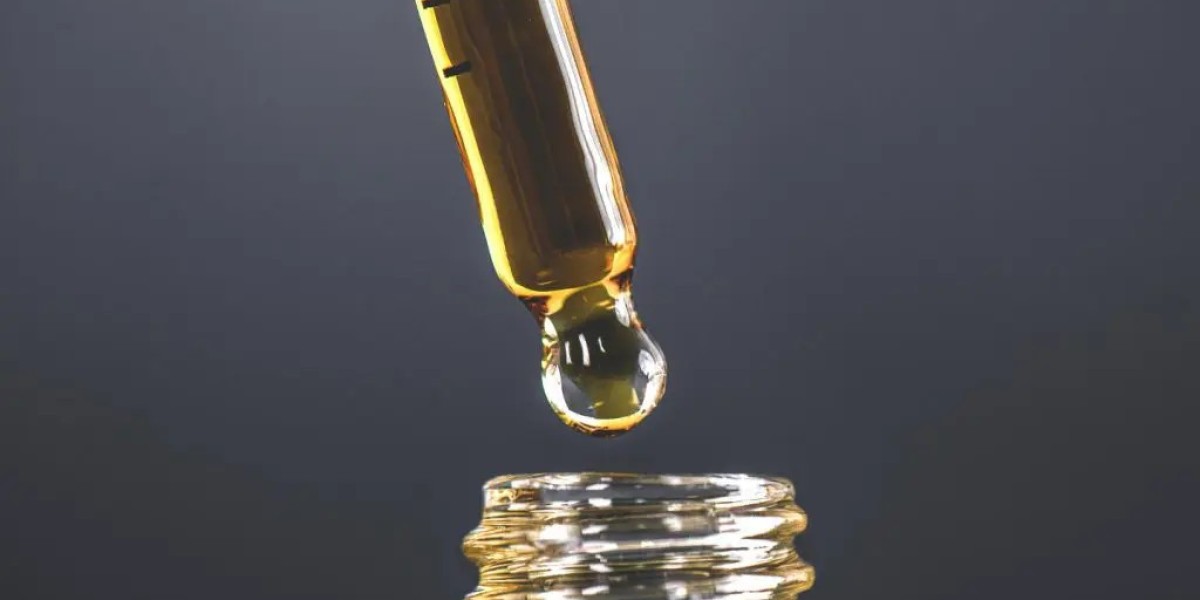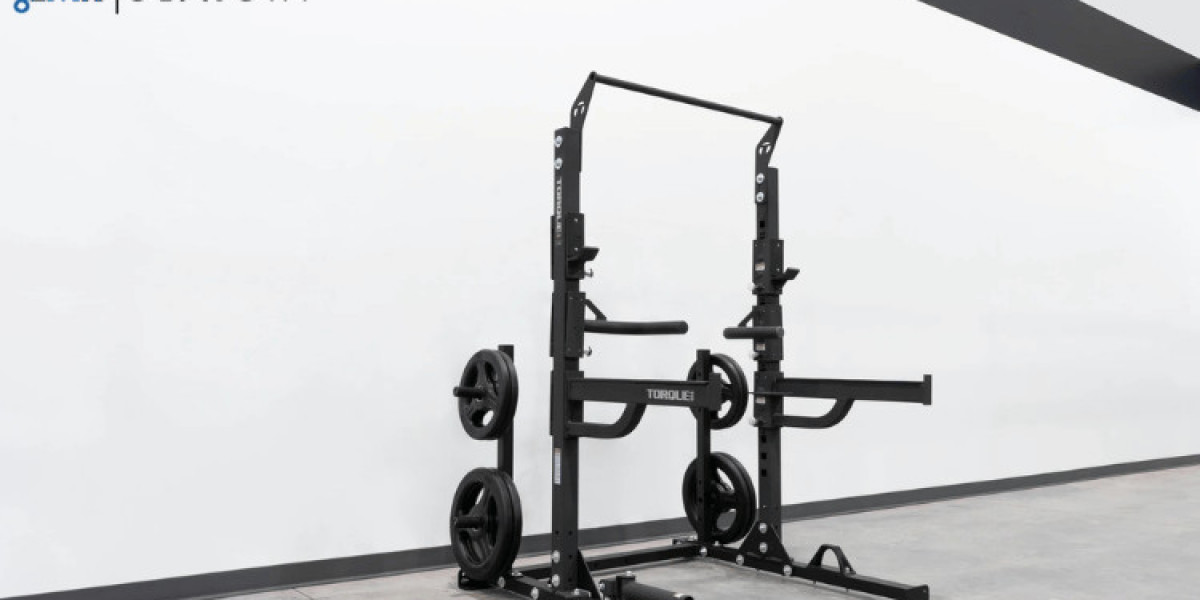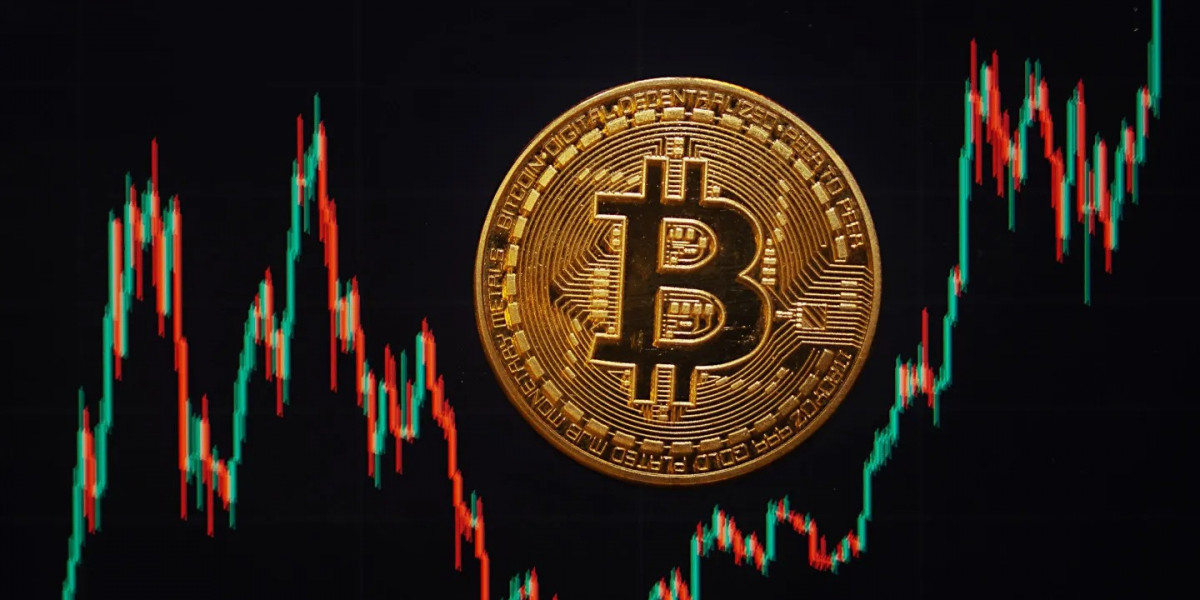So, you’ve decided to enter the world of CBD, but have no idea where to start. What is CBD? Does it get you high? Does it make you tired? What’s the best way to consume it? These are common questions we’re here to help you answer before beginning your journey, so you can make an informed decision on how best this product will enhance your life.
WHAT IS CBD?
Let’s start with the basics.
CBD, or cannabidiol, is a naturally occurring compound in both the hemp and marijuana plants (i.e. cannabis flowers). Discovered more than 60 years ago, CBD has shot up in popularity only recently for its benefits to the mind and body. While clinical trials and studies have just started to scratch the surface of the vast variety of medicinal and therapeutic benefits CBD can provide, evidence does support it as a treatment of non-treatable childhood epilepsy.
BENEFITS OF CBD
Including working as a proven treatment for epilepsy, CBD offers a host of other benefits to enhance your life. Some include relieving pain, reducing anxiety or depression, helping you sleep better, improving mood disorders, improving gut health, and lowering inflammation within the body. In fact, the compound is so trusted that 50% of millennials now say they would choose CBD oil over prescriptions for mental health.
THE ENDOCANNABINOID SYSTEM: AN OVERVIEW
First things first: what exactly is a cannabinoid? Cannabinoids are naturally forming compounds in cannabis and hemp plants that react with our body’s Endocannabinoid System (ECS). This is a group of receptors in our bodies that specifically react with cannabinoids to maintain homeostasis throughout the body. To put it simply, the ECS makes sure sh*t within our body doesn’t hit the fan, which brings us to our next point.
CBD VS. THC: DOES CBD GET YOU HIGH?
You’ve likely already heard of THC by now—the compound in cannabis (specifically marijuana) that gets you high. Too much THC, and you’re left staring at the wall wondering whether ketchup is considered a smoothie because tomatoes are a fruit. So, if THC and CBD come from the same family of plants, they both should get you high, right? Wrong. While CBD and THC come from the same family of plants, CBD does not get you high, due to a slight difference in both cannabinoids’ molecular structure.
Why doesn’t CBD get you high?
The ECS has two Cannabinoid Receptors: CB1, mainly located in the brain and central nervous system, and CB2, located in the immune system and gastrointestinal system. Because of its structure, THC binds easily to CB1, sending signals to the brain to get you high. On the contrary, because of its structure, CBD does not bind easily to CB1 and cannot send those same signals to the brain.
Why choose CBD over THC?
While THC does offer health benefits, not everyone wants to spend their days high as a kite, unless you’re Snoop Dogg or Afroman. Enter CBD, which provides similar health benefits to THC, without the impairment, ensuring you won’t forget to clean your room or skip school because you got high.
WHAT COMPOSES CBD OIL?
You can consume CBD in a variety of ways, from drops of extracted oil ingested sublingually (under the tongue) from a tincture bottle using a graduated pipette/dropper), to CBD capsules and CBD infused gummies and other edibles.
The most popular way to consume CBD is in oil form, because it is the most direct way of ingestion, allows you to control your dosage, and has the fastest response time. resolveCBD offers organic, full spectrum, hemp derived CBD oil, which you can drop under your tongue or add to your morning coffee. With only 3 ingredients (MCT oil, organic peppermint oil, and Full spectrum CBD), this is by far the best form to consume.
HEMP DERIVED VS. MARIJUANA DERIVED CBD OIL
First, let’s make one thing clear. Hemp and marijuana are not the same plant, they are different plants which happen to both be part of the cannabis family of plants. Cannabis crops grown for their flowers contain anywhere between 5-30% of THC and are known as marijuana, while crops grown for their stalks are known as hemp and contain less than 0.3% THC.
Oil derived from marijuana contains significant levels of THC, and can lead to unwanted side effects associated with THC related impairment (paranoia, anxiety, change in appetite) while hemp-derived CBD oil has negligible levels of THC (<0.3%) and is considered safe for nearly everyone, including children and even pets.
FULL SPECTRUM, BROAD SPECTRUM, AND CBD ISOLATE
You’ll notice that resolveCBD CBD Oils are labelled as full spectrum, hemp-extracted CBD oil. As mentioned earlier, cannabis contains over 100 cannabinoids, the majority being THC and CBD. When CBD is extracted from the plant, other compounds are also extracted along with it. Then, it is refined, to create either full spectrum, broad spectrum, or CBD isolate.
What is full spectrum CBD oil?
Full spectrum CBD oil is an extract that contains other cannabinoids found in the plant in addition to CBD (e.g. CBN, CBG, CBC, etc.) The compound is not extracted or isolated further. This medley of cannabinoids work together to increase the benefits of CBD and the accompanying friends that come along with it, including THC (0.3% or less from hemp-derived CBD and 5% or more from marijuana-derived CBD.) This is known as the “entourage effect.”
What about broad spectrum oil?
Broad spectrum CBD also contains all the cannabinoids found in the plant, except the THC has been removed. As a result, there are no risks of the effects of THC, especially when derived from cannabis.
What is isolate?
CBD Isolate is 99% pure CBD, in which all cannabinoids except CBD have been removed in the refining process.
So, since CBD isolate is 99% pure, it must be the best type to consume, right? Not exactly. Studies have proven that taking full spectrum CBD is actually more beneficial than the isolate, as each cannabinoid works together to amplify benefits. Think of it this way: would you rather have one super strong friend move all your furniture by themselves, or have over a hundred decently strong friends help? Chances are, you’d be done your move in way less time with 100 friends, enjoying that post-move pizza and beer in no time.
When shopping for CBD products, keep your eye out for the full Spectrum vs. isolate distinction. If this isn’t disclosed, chances are it’s an isolate product.
OTHER COMMON QUESTIONS
How much should I take?
While there is no universally recommended dosage, it is always best to start off with a low dose and to increase dosage gradually until you find the best dose for you. If taking resolveCBD oil, we recommend dropping 0.5-1mL under your tongue and letting it dissolve over a minute or two. The dropper that comes with your resolveCBD Oil is clearly marked in 0.25mL increments so you can measure out the exact dosage you need.
Does it make you tired?
No. If you’ve ever smoked marijuana, you’ve likely experienced the amazing sleep that comes along with THC. Because better sleep is a huge benefit of CBD, it’s easy to think the product itself makes you sleepy, however, that’s not the case. CBD actually reduces anxiety and stress, which in turn, leads to overall better sleep. You can take it throughout the day with no sleepy side effects.
Is it marijuana?
No. CBD is one of over one hundred compounds (i.e. cannabinoids) found in both industrial hemp and marijuana. Hemp and marijuana are often confused as being the same plant, however, they are simply both part of the cannabis family. CBD does not have the psychoactive effects that its popular cousin THC has.
Will it make me high?
No. CBD and THC react in our bodies in different ways, and CBD is unable to send intoxicating messages to the brain that make us high. Only THC is able to do so. Hemp-derived CBD oil contains 0.3% or less THC – too low a level to get you high.
Could it make me fail a drug test?
If you are taking a full spectrum CBD oil, yes, you may fail a drug test due to the trace amounts of THC in the product. Stop taking it at least a week before a drug test.
Is it safe?
Yes. In fact, CBD is safe for children and even pets. Having said this, it is always best to consult with a medical professional before trying something new.
Can I take it on the keto diet?
Yes! CBD oil contains zero grams of carbs. In fact, Resolve CBD oil contains MCT oil (medium chain triglycerides), which helps your body burn fat and remain in ketosis.
Where can I buy CBD oil?
Currently, the best way to purchase CBD is through online retailers like ResolveCBD or brick-and-mortar stores that specialize in wellness products. resolveCBD is available through our online store or in retail shops.
We hope we’ve given you a better idea of what CBD is and how it works with this guide. It can be a transformative addition to your life, and we encourage you to try it and see the benefits for yourself.
DISCLAIMER: Information and products presented by resolveCBD are not intended to diagnose, treat, cure, or prevent any disease or ailment, nor is it intended to be a substitute or alternative for professional medical advice. Always consult with a licensed professional regarding medical treatment or possible interactions with prescribed drugs. Products are intended to be used as directed, by individuals who are 19 years of age or older.









